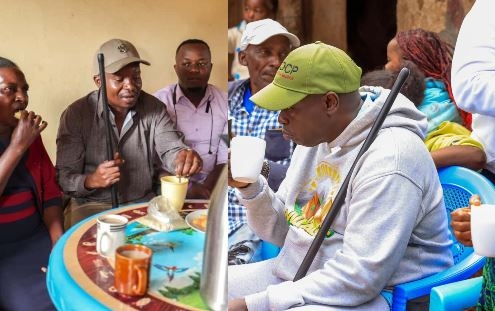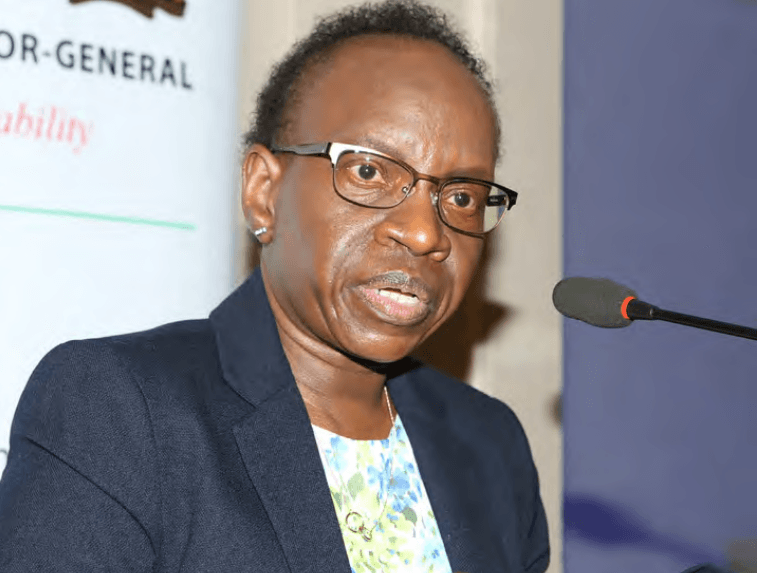Religious leaders have opposed the introduction of comprehensive sex education in schools.
Members of Parliament last week approved a motion by Kirinyaga Woman Representative Jane Njeri Maina in a bid to address the high rates of unwanted pregnancies among teenagers.
Maina in her motion argued that Comprehensive sexuality education (CSE) is central to children's and young people's well-being. This is vital in equipping them with the knowledge and skills they need to make healthy and responsible choices in their lives.
According to the lawmaker, improving public health is a fundamental responsibility of the Government and it is imperative to address pressing health problems faced by young people; including poor sexual and reproductive health and protection against sexually transmitted infections.
“Comprehensive sexual education through school-based programmes can promote healthy sexual practices amongst young people and reduce the spread of HIV/AIDS and other sexually transmitted diseases,” noted Maina in her motion.
However speaking to the Star on Monday, the national chairman of the Inter-Religious Council of Kenya (IRCK) Joseph Mutie rejected the plans saying the solution is not to educate children on sex but to use parents and spiritual leaders to talk to them.
"Let parents and religious leaders talk to their children about these things and the risks involved but when we go and tell them we are bringing comprehensive sex education, when then do we want them to? Mutie asked.
Archbishop Arthur Kitonga from the Evangelical Alliance of Kenya (EAK) is also opposed to the introduction of sex education in schools calling it satanic.
"Kenya is a Christian nation and we must follow the scriptures. We must also walk and talk in holiness", Kitonga said during an interview with the Star.
The clergy is also proposing the use of chaplains in schools to offer guidance to learners.
"There is a need to have chaplains in schools because our children need guidance. They need a spiritual person to walk with them. We need to be considered because we do not want to have a community that is morally disorientated’’, Mutie said.
He added: "We are exposing our children to when we bring this subject? And then again what will be the repercussions? Is it going to increase or reduce infections? We need to be very careful."
Data from the National Syndemic Disease Control Council (NSDCC) showed that girls as young as 15 years are engaging in sex with men in their 40s and 50s.
The data also showed that young people are contributing 62% of new HIV infections in the country.















